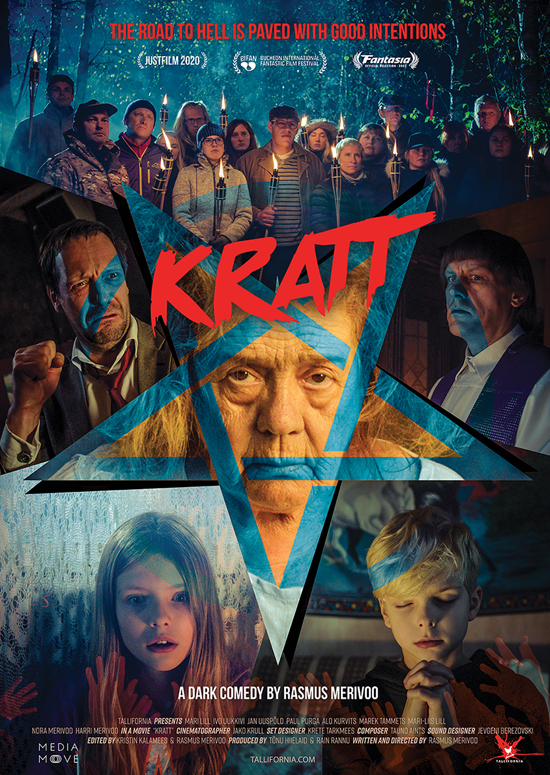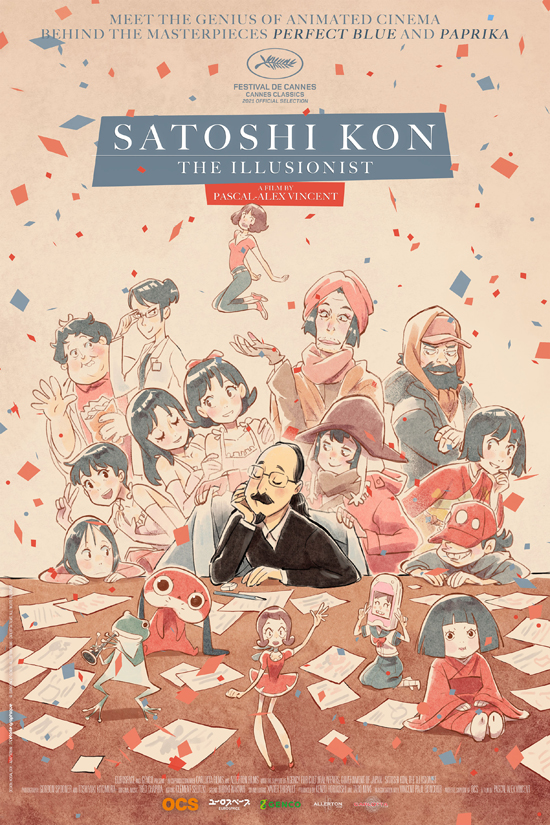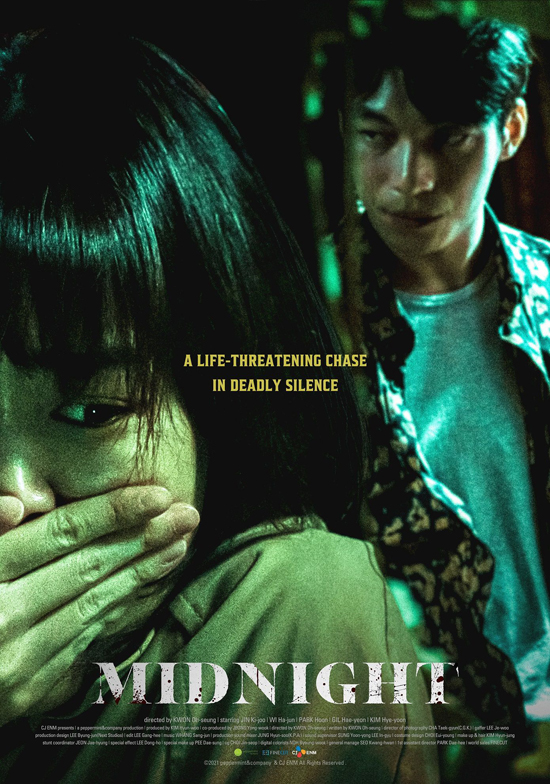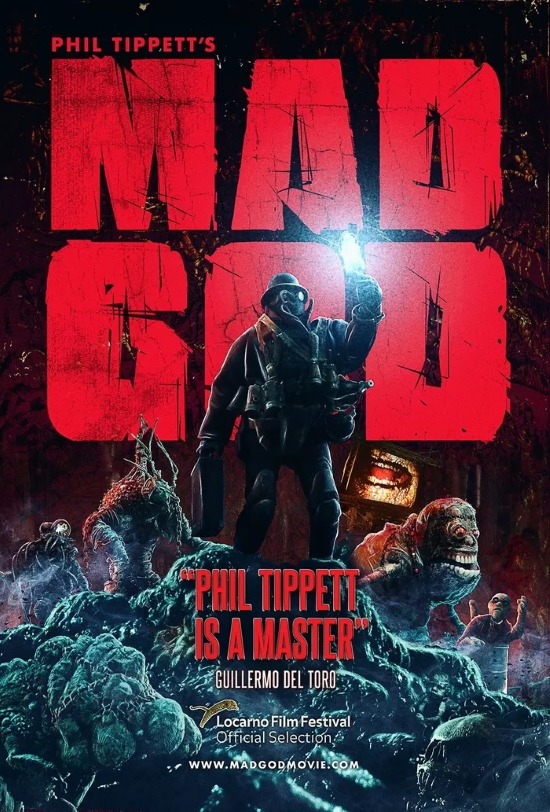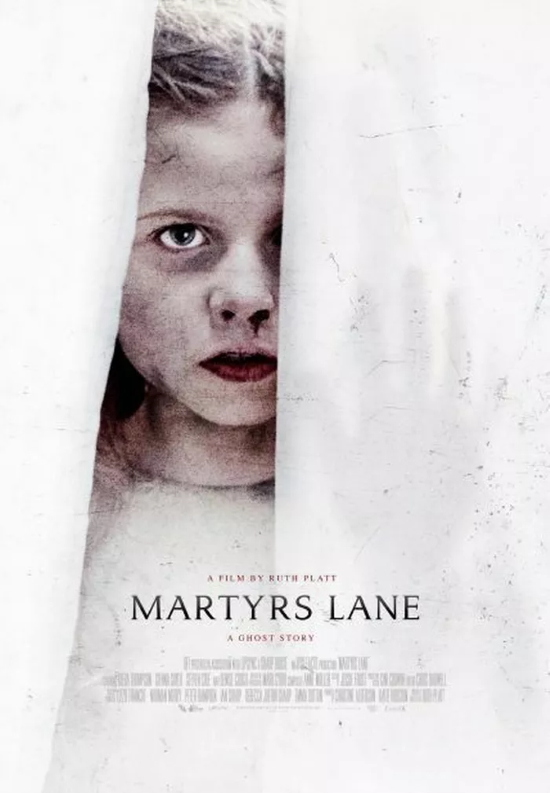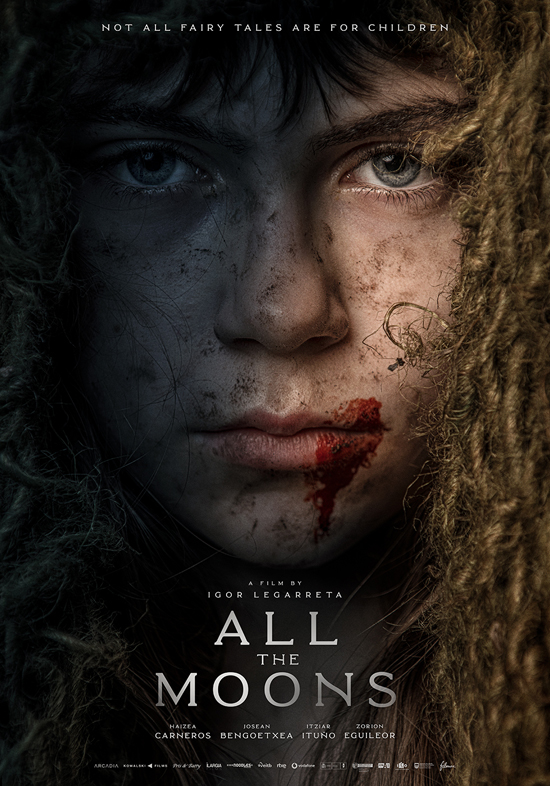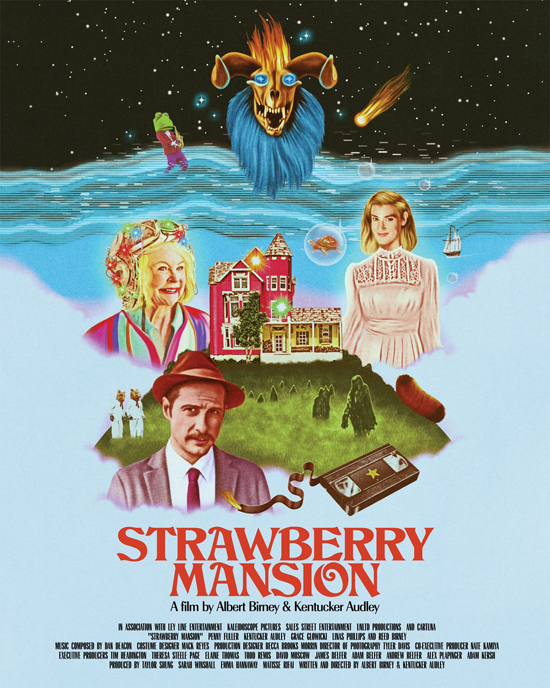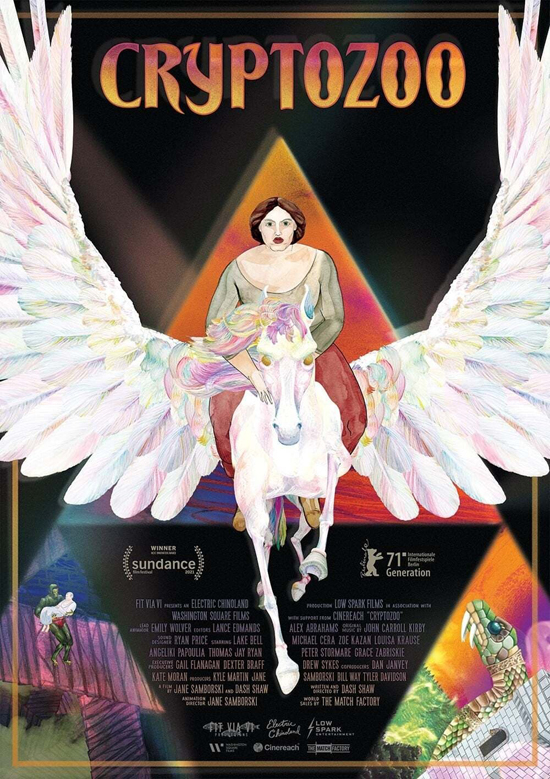Fantasia 2021, Part LXII: Prisoners of the Ghostland
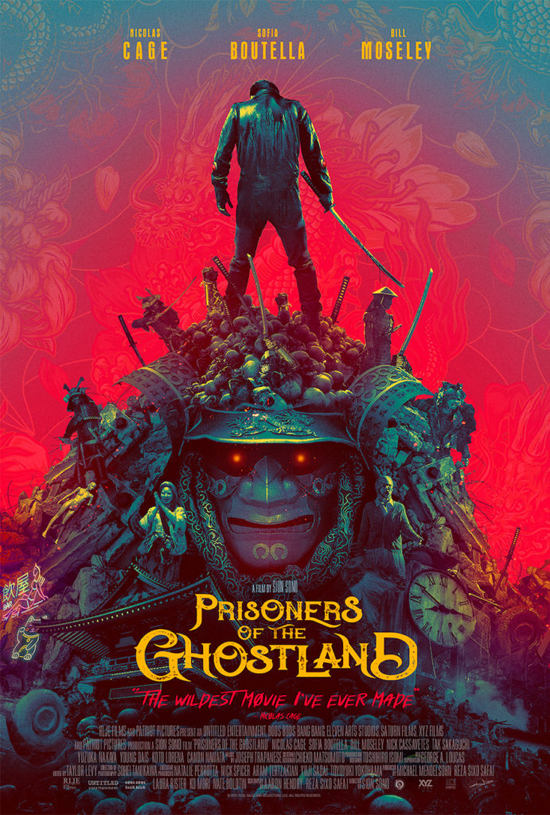 Prisoners of the Ghostland was one of the most anticipated films at Fantasia 2021. It unites madcap director Sion Sono (last seen at Fantasia with the feature version of Tokyo Vampire Hotel) with a certain mister Nicolas Cage. You might reasonably expect a full-throttle over-the-top ride. And that doesn’t quite happen.
Prisoners of the Ghostland was one of the most anticipated films at Fantasia 2021. It unites madcap director Sion Sono (last seen at Fantasia with the feature version of Tokyo Vampire Hotel) with a certain mister Nicolas Cage. You might reasonably expect a full-throttle over-the-top ride. And that doesn’t quite happen.
Written by Aaron Hendry and Reza Sixo Safai, the movie takes place in a part of the world scarred by a spill of nuclear waste. A village called Samurai Town is ruled by a rapacious Governor (Bill Moseley) who, as the film begins, hauls a criminal named Hero (Cage) out of prison to look for his granddaughter Bernice (Sofia Boutella), who herself has fled the city for the dangers of the uncontrolled territory called the Ghostlands. Hero’s given a deadline and a booby-trapped suit that’ll blow up parts of his anatomy he’d rather keep if he fails to return on time, or if he thinks impure thoughts around the Governor’s granddaughter.
He drives off into the Ghostlands on his quest, and you might expect a long odyssey to follow. Instead he finds Bernice quickly, but also gets taken prisoner by a group who dwell in the Ghostlands. Revelations and subplots follow; there are glimpses of a parallel track of story back in Samurai Town, following the governor’s bodyguard Yasujiro (Tak Sakaguchi, Musashi in last year’s Crazy Samurai Musashi); there are flashbacks to establish Hero’s backstory; and you can see clearly how it’s all going to lead to a showdown back in Samurai Town.
